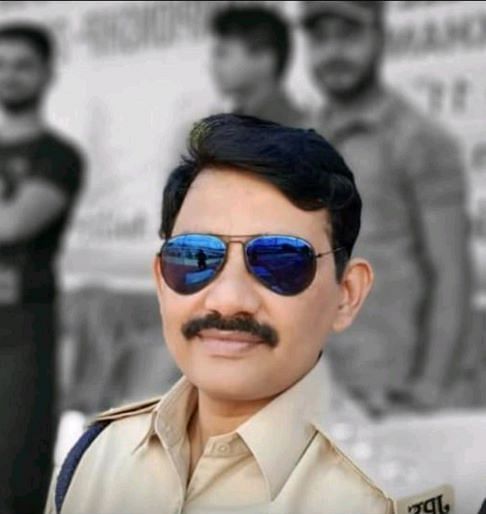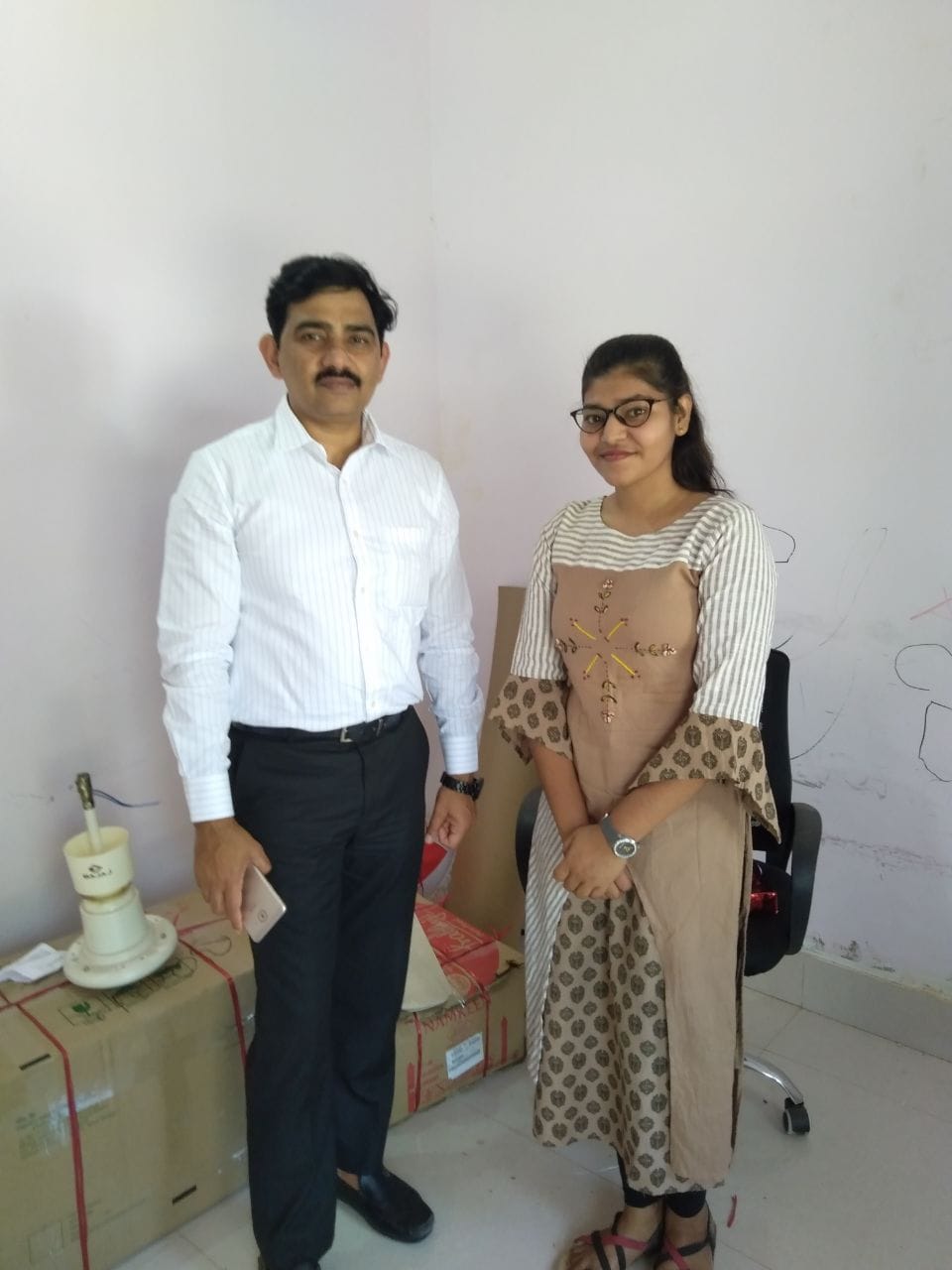JPS Officer Shares Simple Technique That Can Help You Ace Revision For UPSC
Revision through flowcharts to diagrams in answer writing -- JPS officer Vikas Chandra Srivastava shares key tips and preparation strategy for UPSC Civil Service Exams (CSE).

Hard work, discipline and a very clear study strategy are the key ingredients needed for aspirants who wish to crack the Union Public Service Commission (UPSC) Civil Service Examination (CSE).
Speaking to The Better India, Deputy Superintendent of Police (DSP) Vikas Chandra Srivastava, who has been mentoring aspirants for various government examinations, shares tips and strategies that might work well.
Spend time analysing the last five years question paper:
“Aspirants must spend quality time analysing the question paper of the last five years. This will help them find a pattern and that in turn will aid in better preparation,” says Vikas. If by now this has not been done, it is important for aspirants to start immediately. Doing this also helps in ascertaining which topics require more time and attention.
“There is a set pattern that the UPSC CSE follows year on year. If aspirants go through the question papers then they certainly have a better chance of cracking it,” he adds. Almost 60 per cent of the questions will be from the previous question papers in some shape or form while the remaining 40 per cent can be anything.
Understand ‘tail’ words and answer accordingly:

A tail word can be described as a word or a phrase in a question that gives a direction to the answer. Vikas explains, “Read the question thoroughly to understand what is being asked of you. Words like analyse, criticize, evaluate and opine are important and one must understand the nuanced differences between each. Those aspirants who understand that stand to do better.”
He continues, “There are close to 14 tail words that aspirants must know and understand before they attempt the paper.” These tail words help give direction to the aspirants when a question is put forth. Read them with care to understand how best to proceed while answering the question.
Learn to see beyond the textbooks:
“The questions being asked in the examination are not just testing your ability to remember and reproduce an answer. It is a test of how well you are able to apply a concept or idea to a given question. While preparing, keep this mindset to be able to answer accordingly,” he says. He also urges aspirants to make connections between all they read in books and additional information they gather. Those aspirants who go beyond textbook knowledge fare better in the examination.
“Use diagrams to your advantage in the examination,” he says. For example, if a question is asked about the nuclear centres in India, draw a map of India and pin-point the centres. “You can make use of such diagrammatic representations for anything that is asked. This is bound to fetch you a few additional marks,” says Vikas.
Learn the art of presentation:
“Aspirants must constantly be on the lookout for ways to better their presentation skills. While every aspirant attempting the paper will be answering the questions, going beyond what is asked for and providing additional information on the topic is bound to do you good,” he says. Find new ways to present your ideas and thoughts to the examiner. While using diagrams and maps is one way, making flowcharts and mind maps may also work, depending on the question asked.
Once you have completed your answer, find ways to embellish it with additional information in any form that you feel comfortable. “Diagrammatic representations work very well,” says Vikas.
Use the newspaper for more than just news:

Reading the newspaper should not be done merely for the news aspect but also to learn much more from it. “There is no doubt that newspapers are a great source of information for current affairs. However, it is also a great way to improve your writing skills and improve your vocabulary. Make a note of the way words are used and how sentences are effectively constructed,” he says.
While reading the newspaper, he says that it is important to keep reflecting on the syllabus. That way even a small detail can be instantly connected to the syllabus and made a note of.
In conclusion, he says, “This is a test of your mental capabilities. Approach it with that frame of mind to succeed. Also remember that revision is the key to cracking the examination. With each revision, the concepts will get clearer and the aspirant will have a deeper understanding of the topic.”
(Edited by Yoshita Rao)
If you found our stories insightful, informative, or even just enjoyable, we invite you to consider making a voluntary payment to support the work we do at The Better India. Your contribution helps us continue producing quality content that educates, inspires, and drives positive change.
Choose one of the payment options below for your contribution-
By paying for the stories you value, you directly contribute to sustaining our efforts focused on making a difference in the world. Together, let’s ensure that impactful stories continue to be told and shared, enriching lives and communities alike.
Thank you for your support. Here are some frequently asked questions you might find helpful to know why you are contributing?


This story made me
-
97
-
121
-
89
-
167











